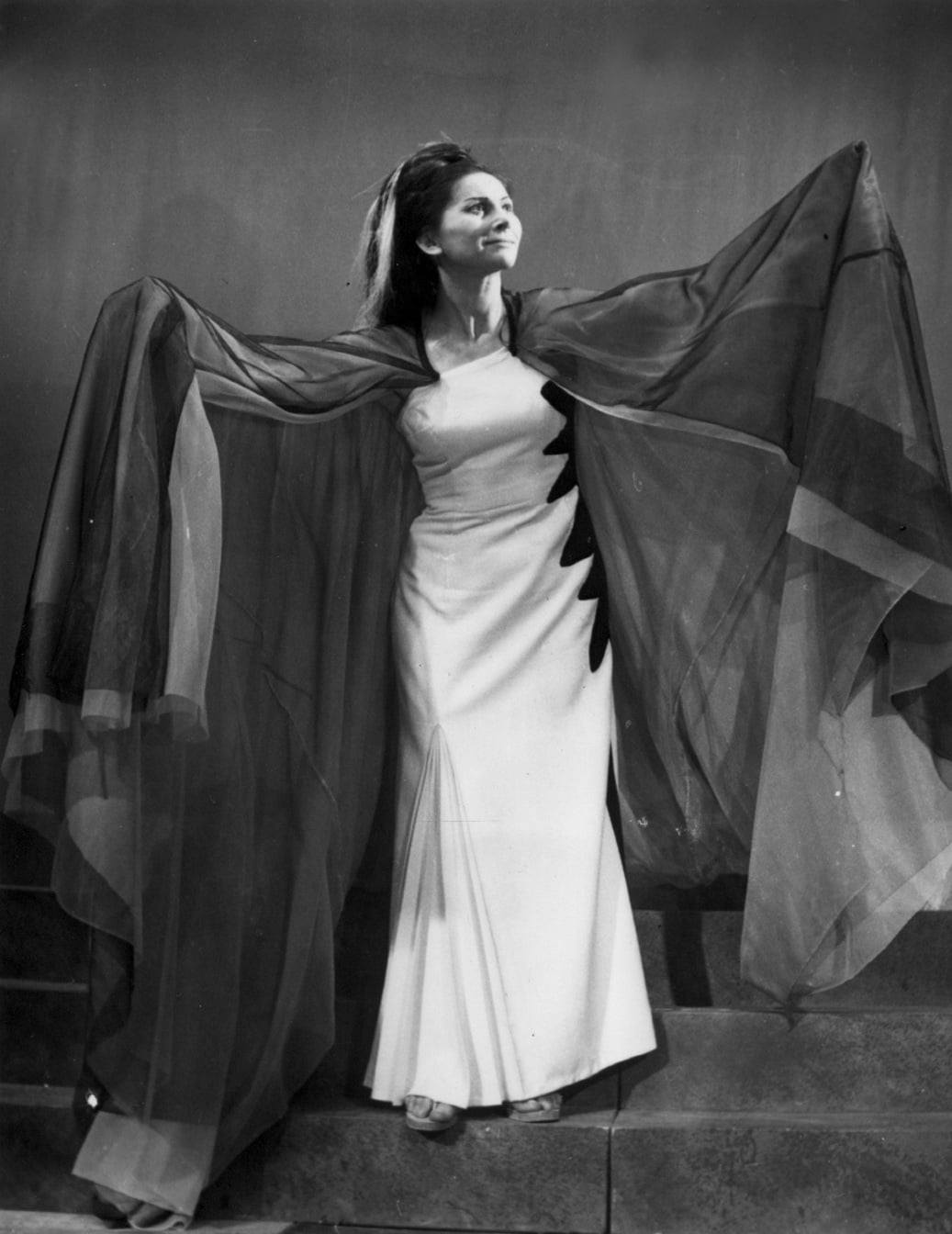Milica Stojanova, bard of the Macedonian theater: I had no right to weakness, I struggle with my inner labyrinths, but I have a lot of love for life!

He modestly says that he is simply a man, with weaknesses and some virtues, with sorrows and joys, but above all with a lot of will and love for life.
Macedonian legendary actress Milica Stojanova, who recently turned 89, honored us and opened her heart by talking about lesser-known things about her. Given the weight of the person in front of me, I included in the interview several of my friends who asked her a question, but also two close friends of Milica - the famous actress Liljana Veljanova and Emilija Dzipunova, a retired ballerina and ballet theorist.
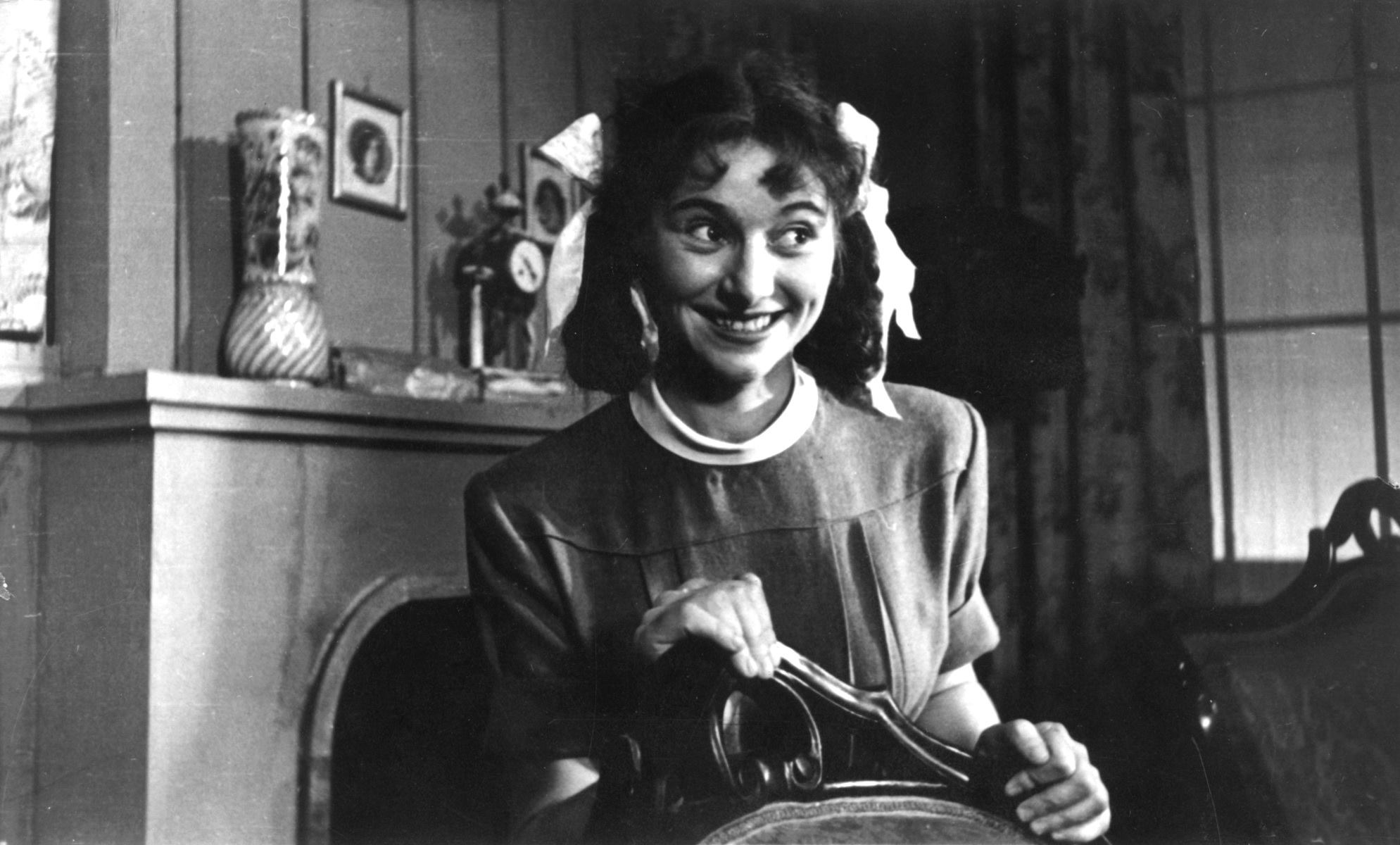
She showed her love for acting from an early age, acting in school performances in the city where she grew up, Kriva Palanka, under the auspices of her uncle with whom she lived from the age of four. Fate hailed her to become an actress, so at one of those performances she was spotted by a priest, priest Slavcho, who years later would inform her that there was a competition for the State State Theater School in Skopje. And when you go somewhere with the blessing of a priest and the support and permission of your loved ones, your path is bright, it is only up to you to focus on the tasks and to be able to secure your space. Of course, even if you have talent. In the case of Milica, a remarkable talent. And a lot, a lot of work.
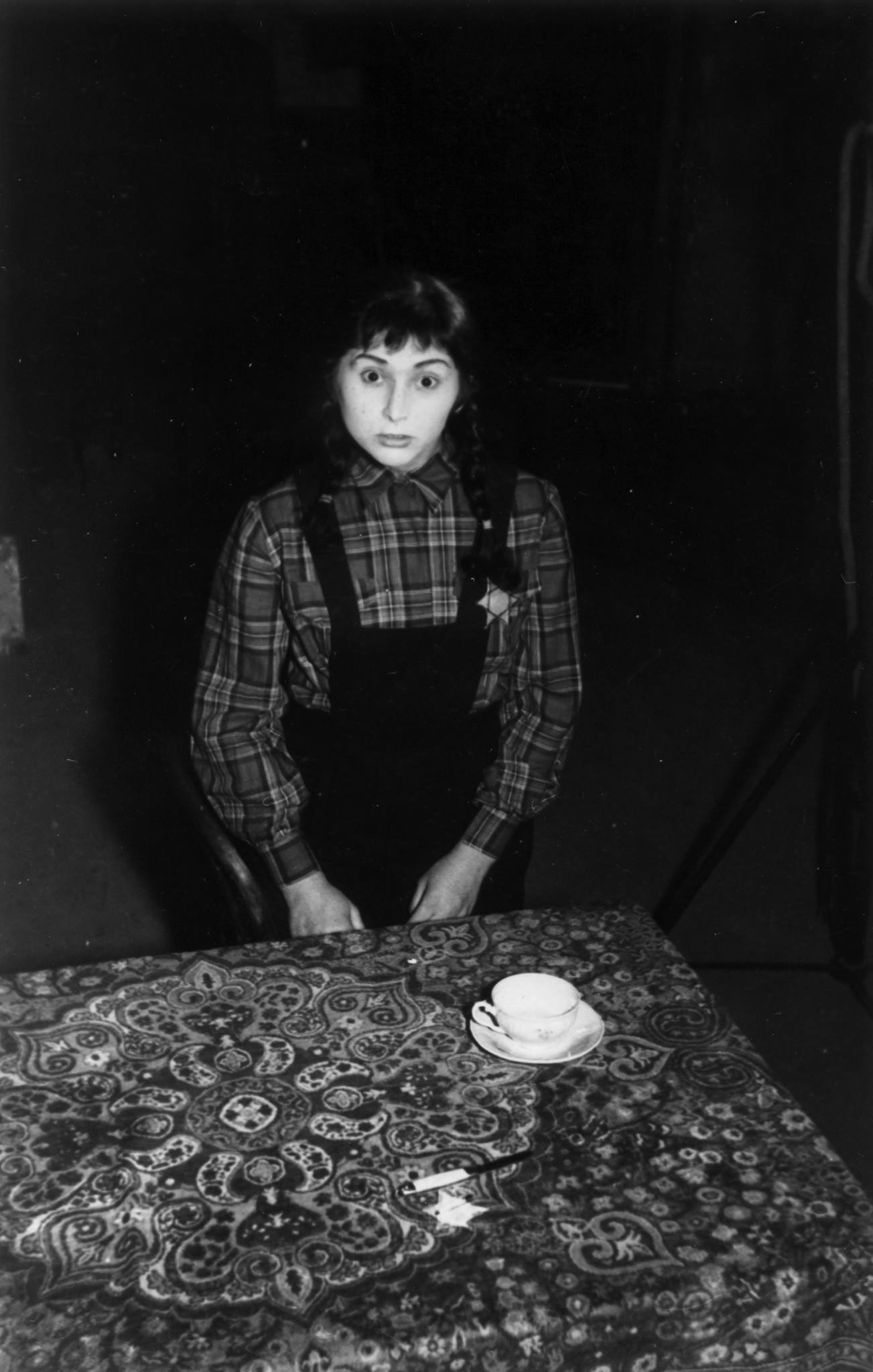
Aleksandra Bubevska, a cultural journalist, asks: In a career spanning more than six decades, after the roles in the works of Shakespeare, Chekhov, Moliere, Iljoski, Stefanovski, Georgievski, Nusic and many others, after collaborations with directors from all over the former Yugoslavia, can you describe a scene for us? - from the theater or from life, even though for you it is one and the same - which remained in your memory, and what was important for Вbecause it has formed your acting and artistic attitude towards the theater, but also towards lifethe vote?
- For me, as you can see, there is no border between life and profession, more precisely the theater. Some might condemn it, for some it might be monstrous, but that is my intimate truth. My intimate life was woven with the threads of professional life and the artistic and aesthetic values that were built over the years. Numerous characters that I played from an early age, as a student at the State Theater School, and then on the stages in MNT, Drama Theater, through other theaters in Macedonia, and within the drama and radio production of MRTV, from Rako in " "Minister", Anne Frank in "Anne Frank Diary", Eliza Doolittle in "Pygmalion", Lady Macbeth in "Macbeth", Betty Hansdorfer in "The action of gamma rays on ghostly marigolds", Paraskeva in "Double Bottom", Sultana "Wild Meat", until the last Alma Mahler, in 2016, and all over 200 characters, are fragments of my personality and my life. This means that I was not the only one who interpreted and shaped the characters, but they also shaped different aspects of my personality, of my worldviews. They taught me that the world and life are inevitably a constant shift of joy and sorrow, of the ugly and the beautiful, of suffering and peace. Nothing should be taken for granted, everything is a trampoline. All the characters that went through my being woke up to a certain part, hidden or already seen by my personality. And most importantly, they taught me not to take myself for granted, and to always be ready for a new unexplored path. Combat and willpower can overcome fragility, fragility and fear. That was shown to me by my roles, my companions. In a word, they emancipated me and made me see the world as it is, without decorations. They made me braver for all the challenges, and I had many challenges, especially animals.
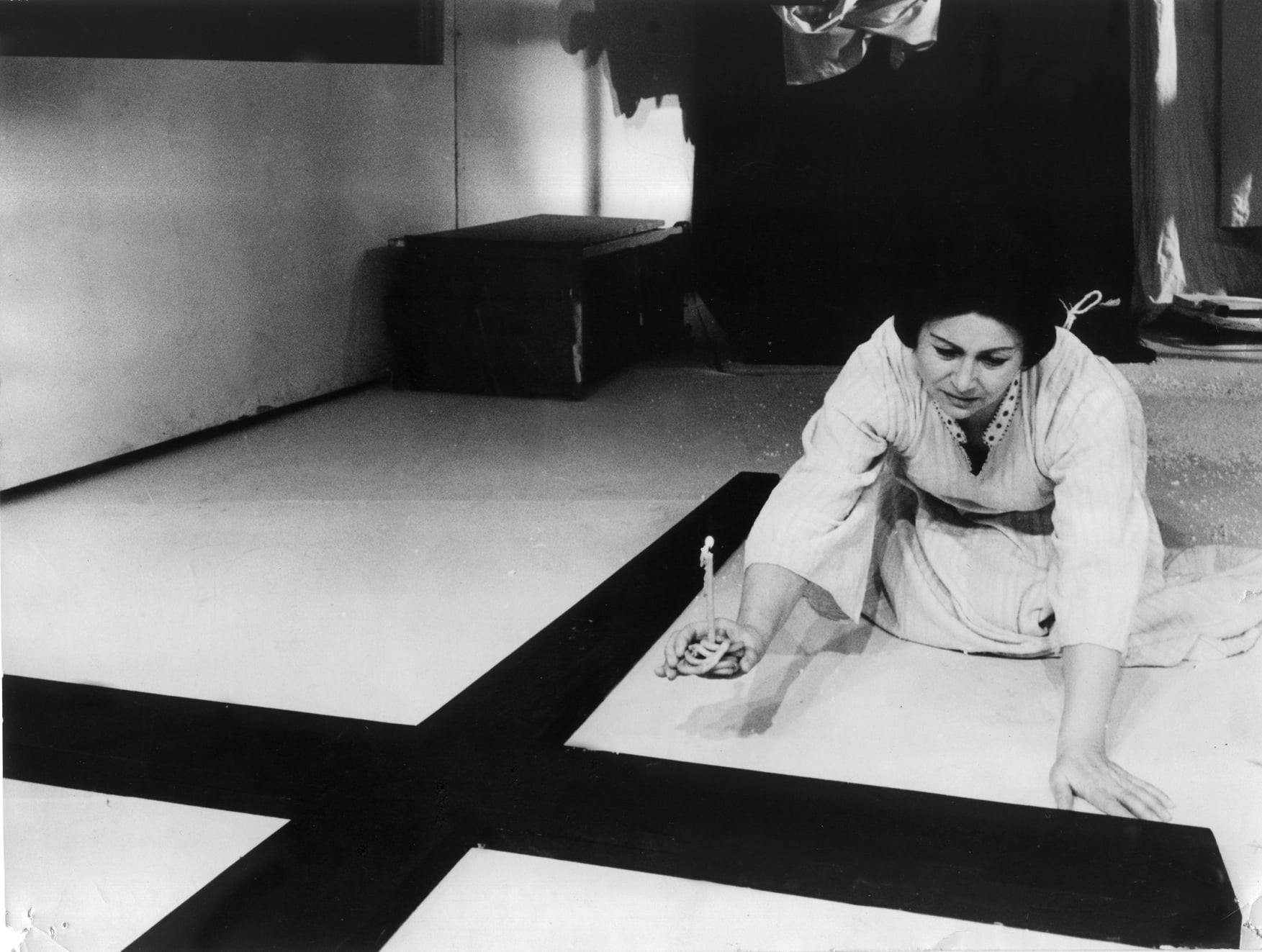
Ana Bunteska, a poet, asks: While you were in a role, did you feel that you were playing your own life, or yourself at some point in your life?
- I ran away from the characters I played. In fact, I ran away because of that - to find myself, to rethink my life story, my life ups and downs. My roles, the characters, were a port in which my personality was anchored. And that is why it is not easy to separate one of those women, it might even be unfair. If I single out a certain character, it is as if I have cut off a part of my personality with a surgical incision. However, I will try to articulate two key female characters that may be the most deeply ingrained in my life - these are Betty Hansdorfer from "The Effect of Gamma Rays on Ghost Marigolds" and A in "Alma Mahler". Both are completely different women who try to defy stereotypical cultural norms, petty bourgeois prejudices, bravely going through a thorny path to find their peace.
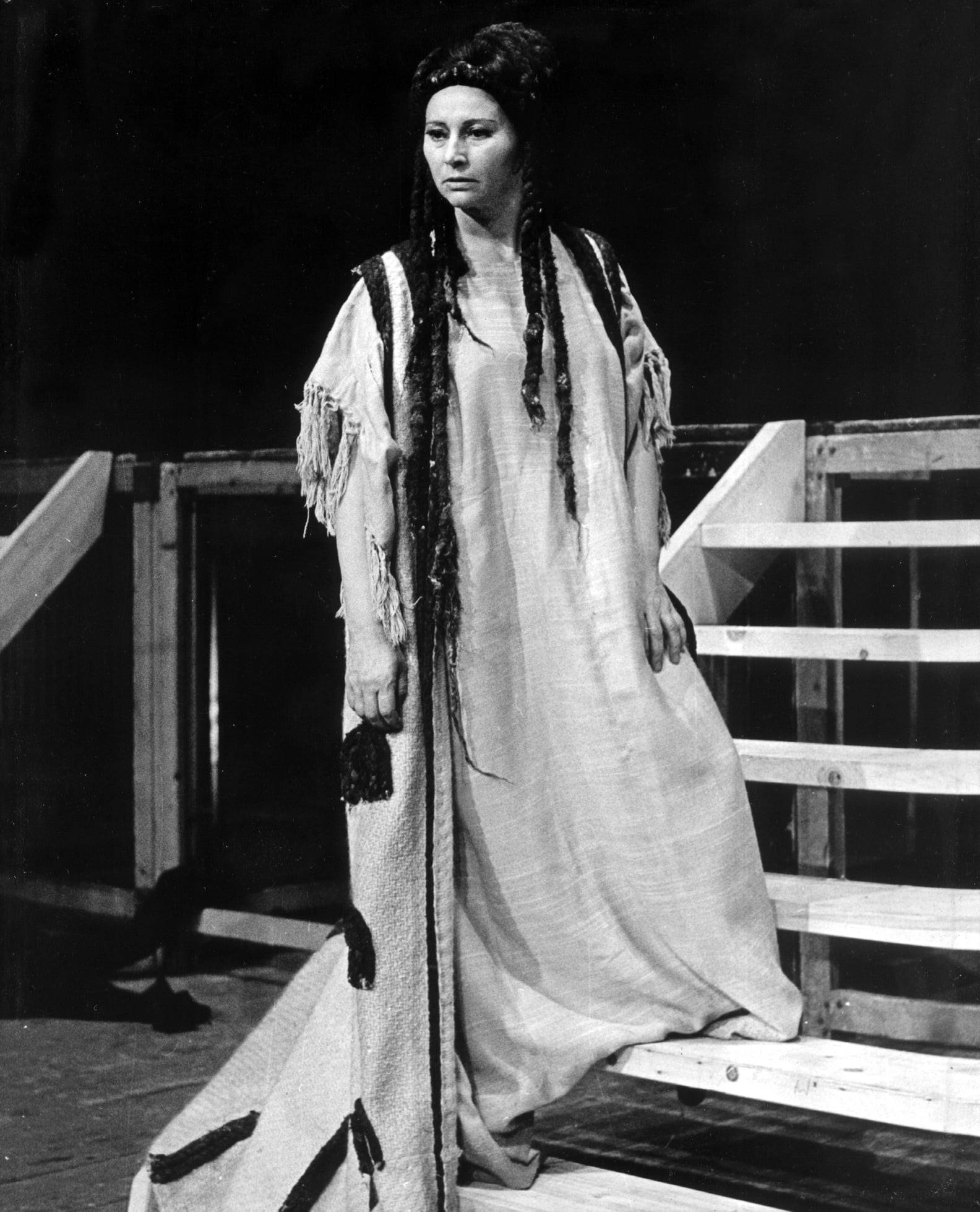
Ivana Manasievska, journalist, asks: Which director did you collaborate with the most and why?
- Every director has his own method of work. The actress' skill is to be open to any director and through critical conversation to understand with him or her what needs to be done. I could not single out any of them because I have different and unique experiences with everyone, for better or for worse. However, I would like to single out the excellent and encouraging collaborations with Ljubisa Georgievski, Vladimir Milcin, Slobodan Unkovski, Dimitar Stankovski, Todorka Kondova Zafirovska, Gareth Morgan, Bojan Danovski, Vili Cankov, Mata Milosevic, Paolo Madzeli and many, many others.
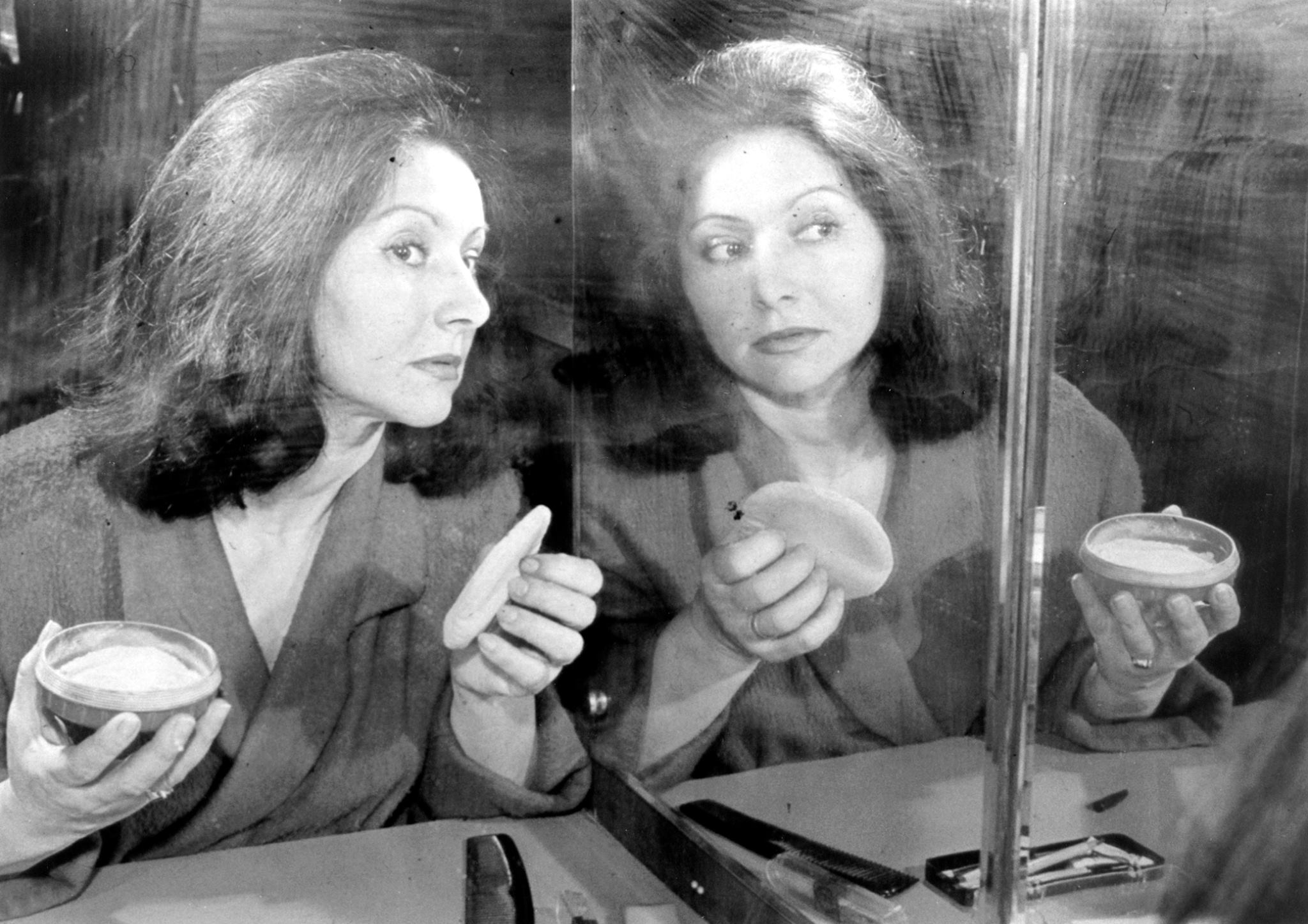
Ivana Manasievska, a journalist, asks: "Theatergoers" usually say that the bad performance is of the director, the good of the actors. Why?
- Because theater is a collective profession. No one can be individually good and deserving. Everyone is an important nut in the body of the theater. However, it is clear that no matter how good the director is, the performance as a whole could not be good if the acting ensemble did not combine all the elements in one breath and if it was not analyzed and worked out in detail, which would lead to top quality. Conversely, even if the director does not ever have the capacity to make a thorough stage and dramatic elaboration of the work, and is not ready enough to give the right clues, the actors can "take out" the play themselves, as a collective to feel the right directions. according to which it should be built and thus help the play.
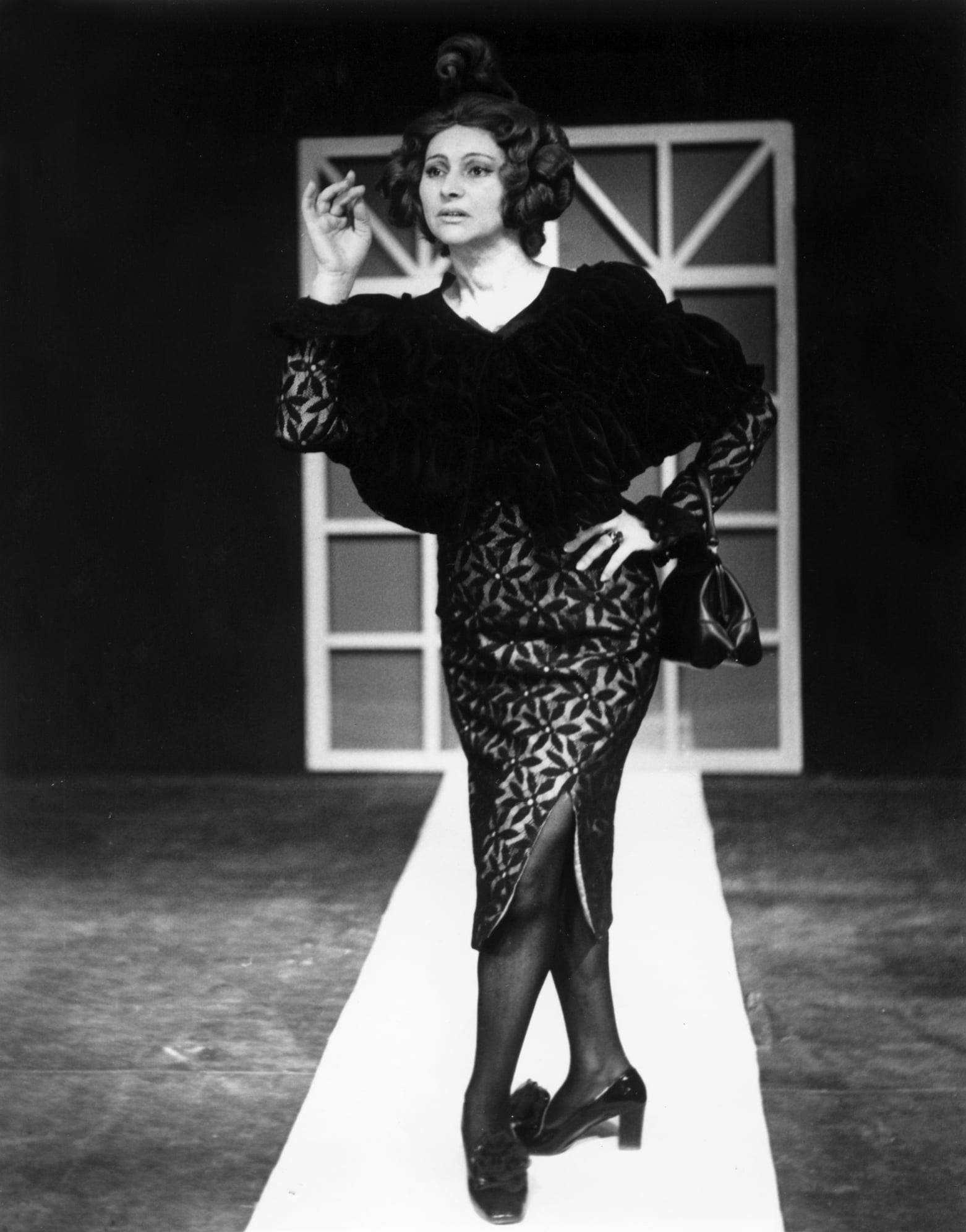
Jasmina Kantardzieva Dimkov, journalist, asks: Was it difficult to be a woman-actress in the period of the former Yugoslavia? Is it easier today to be an actress in today's RS Macedonia?
- My impression is that in our cultures it is never easy to be a woman. No matter how successful a woman is in her profession, she always goes the hard way to be properly verified. At the same time, the woman, no matter what profession she has, always, in the predominant number of cases, takes care of the household - because that is understood and is not considered as additional work and investment. So, despite the fact that equality was insisted on in SFRY, and now the aspects of that equality are regulated by law, it still seems to me that these cultures are still not sufficiently emancipated in relation to women, both professionally and privately. And then, and I see now, the concessions from the convention, from the expectations in the chosen way of life, are not fully accepted. And they are all judges of other people's life, of other people's actions, which is characteristic of the provincial cultures. I did not care much about what others thought, especially not about my private choices in life, but professionally, and when there were interpersonal and intergenerational inconveniences, I focused with all my will on the task at hand and thus managed to secure my space. If you are dedicated and good at what you do professionally, neither patriarchy nor petty bourgeoisie can do anything for you. They can make you difficult, but not destroy you.
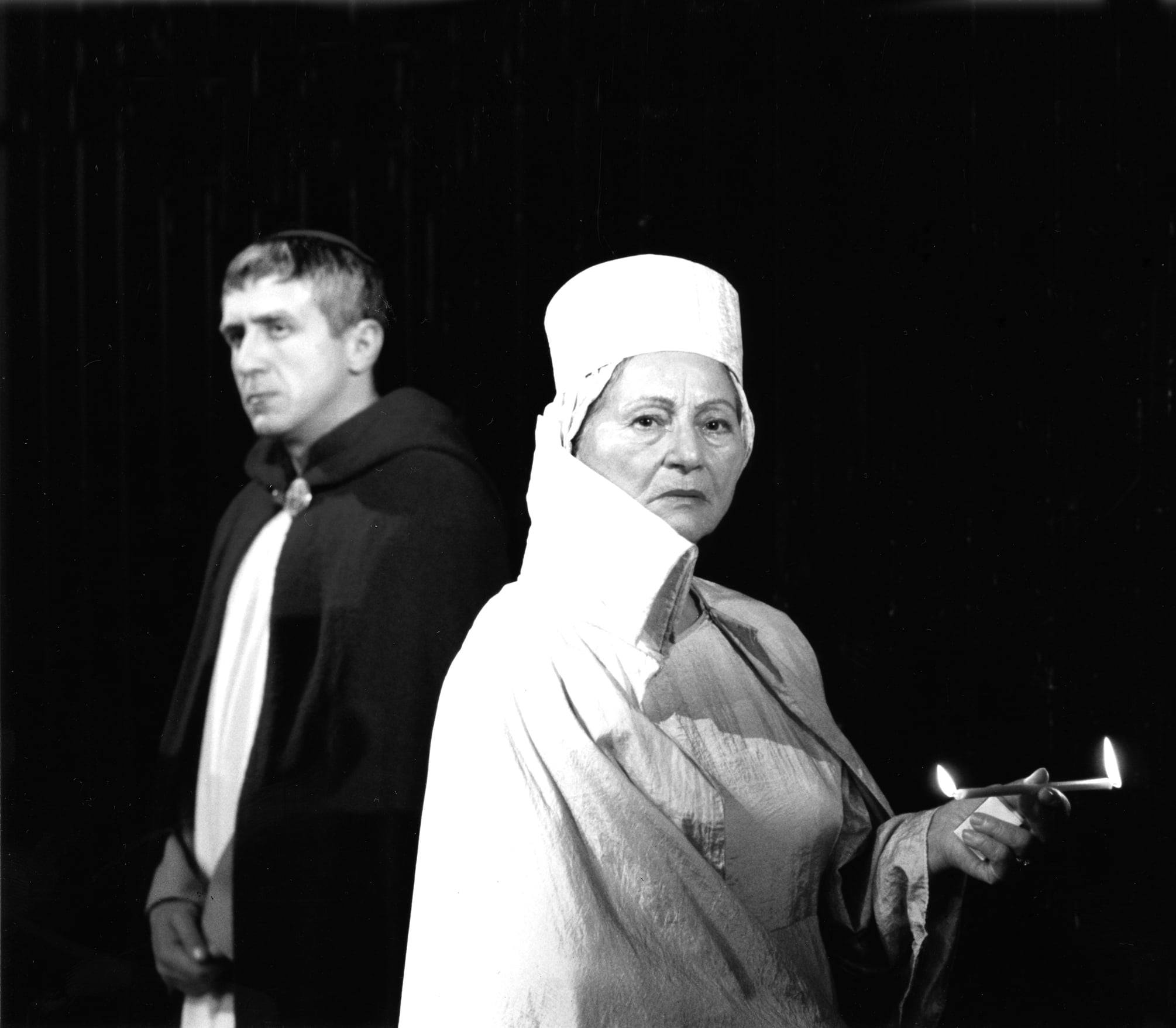
Jasmina Kantardzieva Dimkov, journalist, asks: Who is Milica off stage?
- Sometimes it seems to me that for the rest of my life I will wander and look for the answer to this question. But I know one thing for sure - Milica is a woman who had no right to weakness, who had no room for absence of responsibility, who as a child, adopted from the age of four with her uncle, zealously performed all domestic duties from dark dawn, to whom ѝ it is important to be a support to others, who wants to be alone, to whom it is important to lovingly approach all the things she does. Milica is a woman who loves simplicity, but struggles with her inner complicated labyrinths. Milica is simply a man, with weaknesses and some virtues, with sorrows and joys, but above all with a lot of will and love for life.
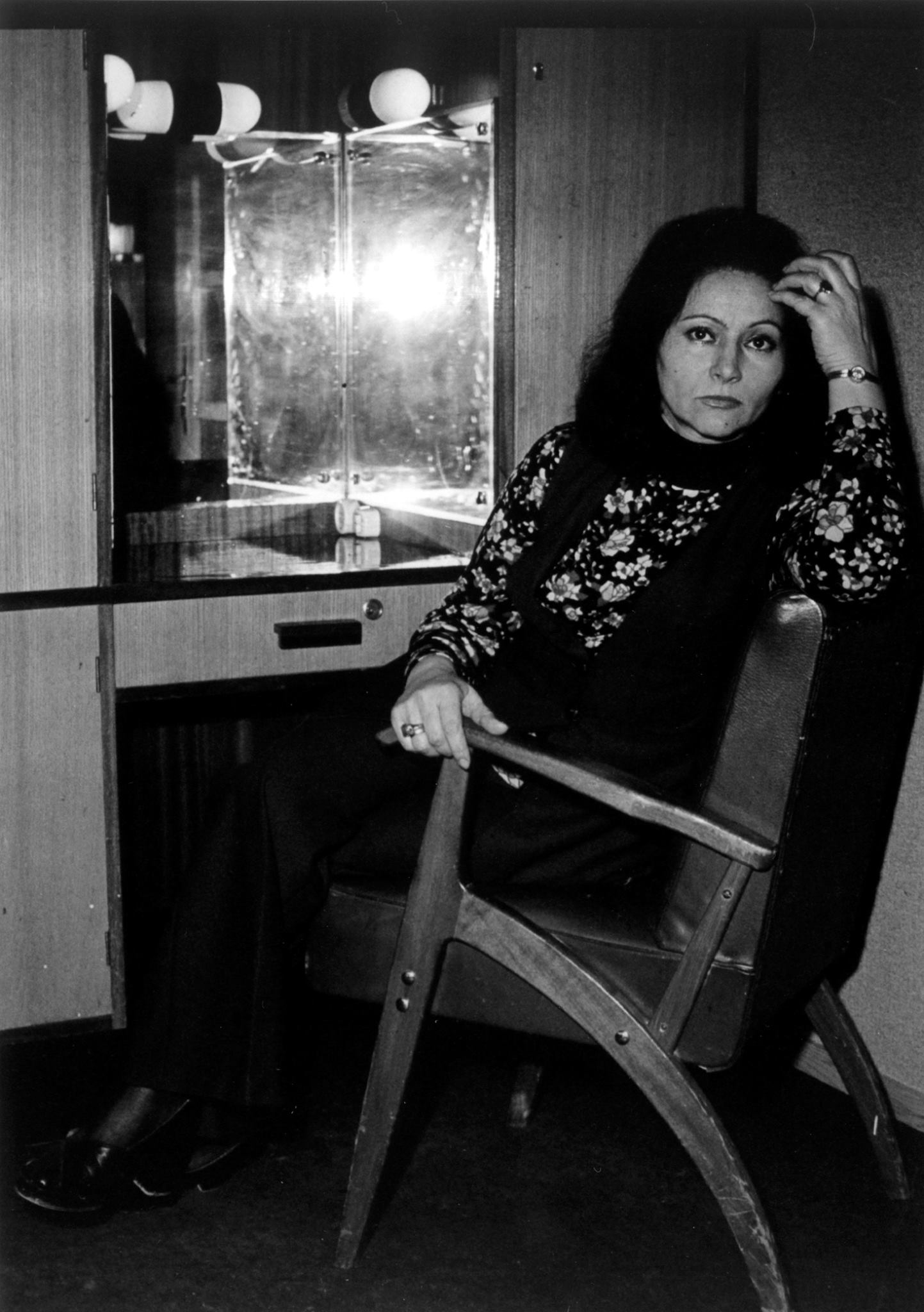
Emilia Dzipunova, a retired ballerina and ballet theorist, asks: What do you think about friendship in general as a term friendship?
- There is nothing more important than establishing deep, lasting, penetrating relations in life. Friendship is a complex category, which means above all caring for the other, the capacity to look at ourselves through the eyes of the other. Friendship is not just a pointless affirmation, but a serious critical fellowship. Support for both good and bad. Friendship should include serious perseverance to travel together and for long periods of time regardless of differences and disagreements. Friendship is love and the freedom to remain what you are, in union with one another… Above all, friendship implies unreserved trust. Relatives are given to us, and friends are a choice by kinship.
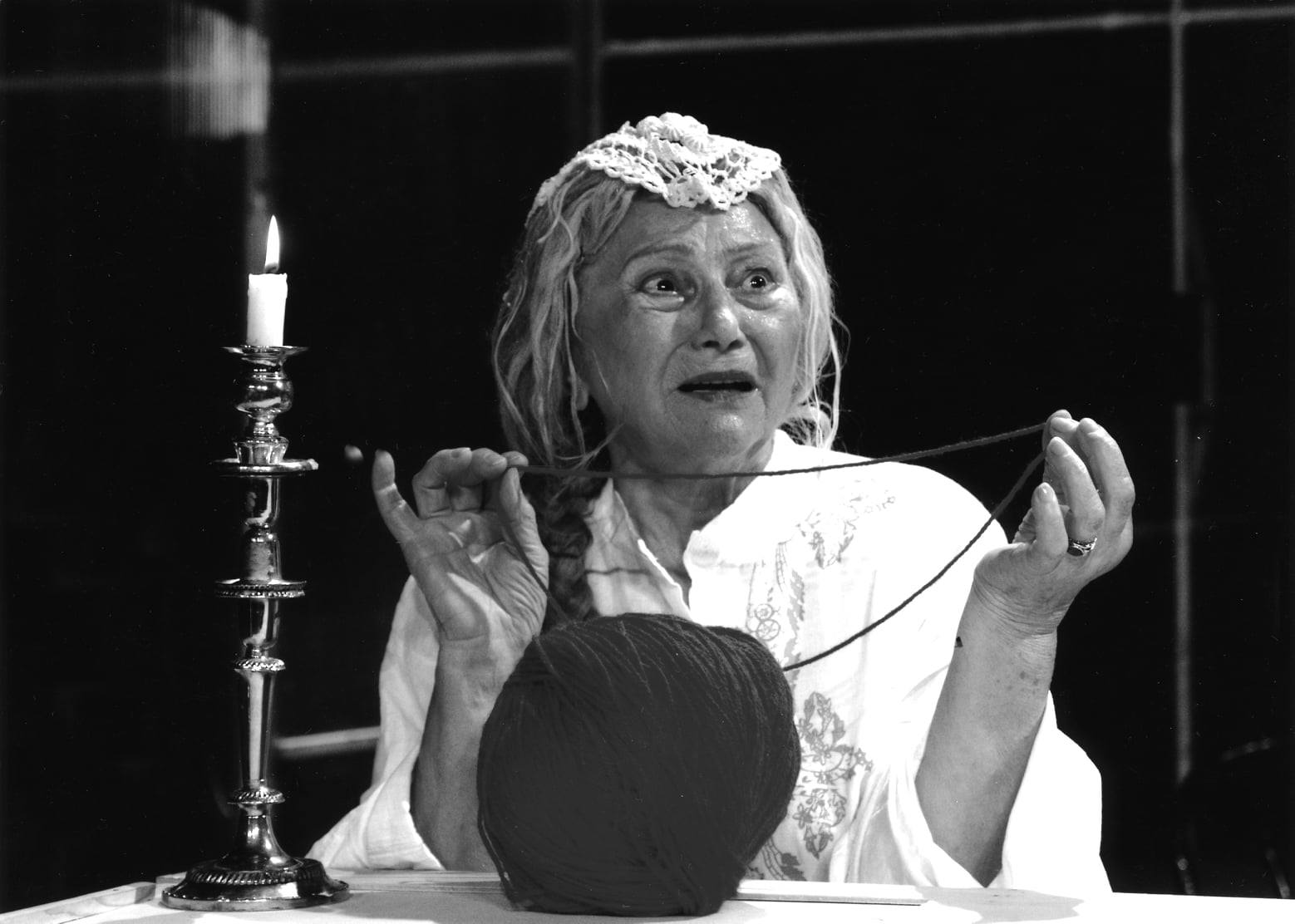
Liljana Veljanova, actress, asks: Did all those impressively numerous songs that you know how to interpret melodic and with incredible knowledge, ie memorization of the texts in several languages, leave a mark in your soul, so you remembered them?
- I have loved singing since I was very young. And so it is to this day. I sing alone, and I want to share the song with my loved ones. Singing for me is a tool for creating peace in the unrest. My brother Aco, when I told him that I was singing, he knew how to say, are you crying again. That's right, apart from joy, singing is my channel for swallowing tears. And the songs that are my constant repertoire and that it seems to me that I will have the strength to sing on my deathbed, certainly have an elegiac, lyrical content and that are related to some of my deepest turmoil in emotions and in the mind. They reflect me just as much as the roles.
